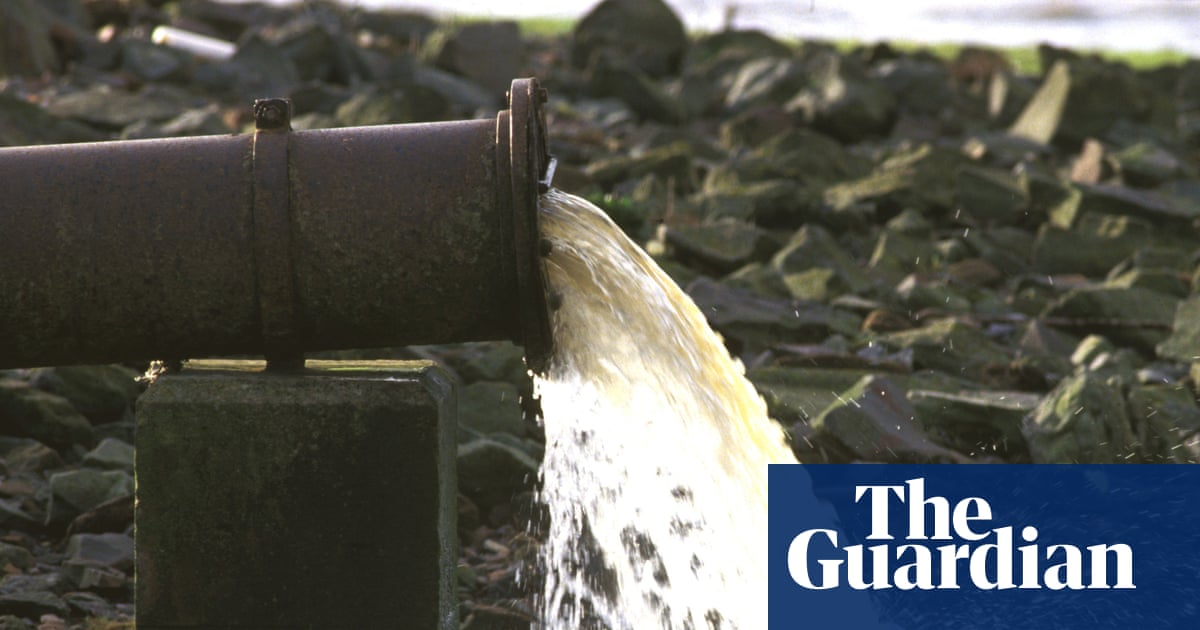Nils Pratley (Oil and gas imports are a problem. Labour should rethink its North Sea stance, 2 September) cites Offshore Energies’ estimate that offshore jobs are being lost at a rate of about 1,000 a month. What this and a similar estimate by the shadow energy minister, Andrew Bowie, of 400 job losses every fortnight up to 2030, misses is that this is less than half the rate of job losses under the Tories between 2013 and 2023. During this time, they continued to invest in new oil and gas fields and 227,000 workers lost their jobs all the same. That’s a rate of 436 a week.
Analysis of North Sea data by the End Fuel Poverty Coalition shows that by 2027, more than two-thirds of the UK’s gas needs will be completely dependent on imports, and even if new fields are approved, the UK will still be 94% reliant on imports by 2050. Given the horrendous carbon footprint of US liquefied natural gas, that makes it even more imperative that we make any continued gas use as residual as possible.
According to official statistics, only 14% of the gas originally estimated to be in the North Sea basin remains commercially viable. Even if this only supplied national needs, at current levels of demand existing fields would hold just three years of gas, while new fields would add less than six months. So there is no jobs lifeline in opposing the ban on new investment.
Unions should be campaigning for a plan like Uplift’s New Deal for the North Sea, which sets out a lifeline from oil and gas to work on offshore renewables. Holding out the fantasy that overturning the ban on investing in new fields would make any significant difference to the loss of work in a dying area is leading their members up the garden path, where Nigel Farage is waiting for them.
Paul Atkin
Greener Jobs Alliance
Expansion of North Sea oil, as proposed by Kemi Badenoch is common sense. In this context, she could be deemed to be more representative of blue-collar workers than Keir Starmer. And I say this as a blue-collar trade unionist.
North Sea oil is not a mere fuel but also an industrial feedstock. And it has applications in the daily maintenance of green tech such as wind turbines, nuclear plants and railways, as well as in their initial manufacture. For such tech one also needs high-grade steel, and for high-grade steel one needs coke coal. Hence the rationale for the coke coal applications in south Wales and Cumbria. More jobs in Scotland, the north and in south Wales would make for a more “one nation” United Kingdom, complete with less housing pressure in the overpopulated south.
There are much more effective ways to help the environment, such as expanding public transport, planting more trees and tightening up on plastic waste. Cleaner countryside, rivers and seas will feed into carbon sinks. Let’s focus our energies there.
John Barstow
Pulborough, West Sussex
Nils Pratley’s call to maximise North Sea oil is at odds with the science. The International Energy Agency, the United Nations Environment Programme and the UK’s own Climate Change Committee have all made it clear that new fossil fuel fields are incompatible with net zero. The answer is not “less bad barrels” but scaling up renewables, storage and efficiency – cheaper, cleaner and job-rich.
Colin Ettinger
London

 2 months ago
38
2 months ago
38

















































